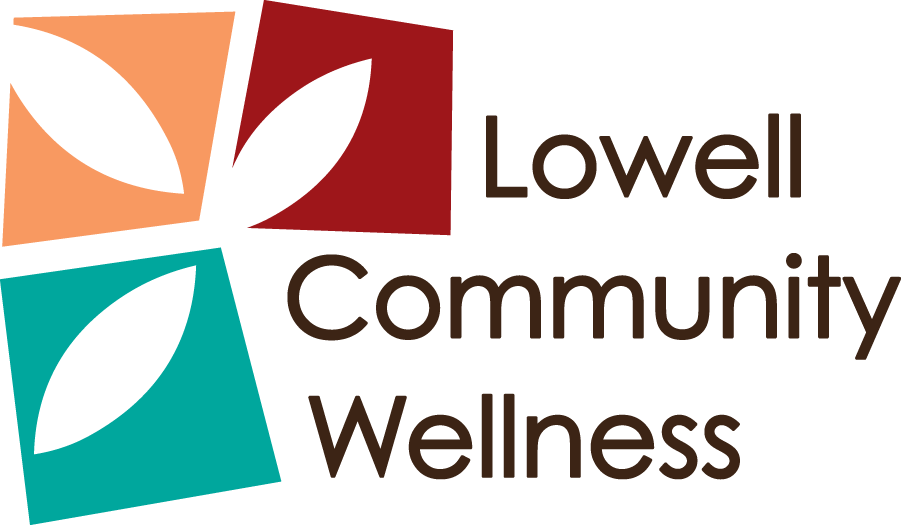Eight Dimensions of Wellness: Emotional
- Melissa Spino
- May 22, 2024
- 4 min read
Updated: May 24, 2024

Focusing on Emotional Wellness for May’s Mental Health Awareness Month
When we think about our health it’s often focused on eating better, exercising, weight management, and mental health. Just as your mental health can positively or negatively affect your physical health and vice versa the same can be said for each of the 8 dimensions of wellness. Not giving one area of wellness enough attention can negatively affect the others. So, for overall wellbeing it’s important to focus on and work to strengthen all 8-dimensions of wellness.
Since May is Mental Health Awareness month this article is focused on emotional wellness. Each year Mental Health America sets a Mental Health theme and this year it’s “Where to Start: Mental Health is Changing the World”. While society as a whole is getting more comfortable and better about discussing mental health that doesn’t make it easy to know where to start if you are looking to improve your own emotional wellbeing. Hopefully, this article will help.
What is Emotional Wellness?
Emotional wellness is being able to cope effectively with life events, control feelings & behaviors, and build satisfying relationships. Emotional wellness is strengthened by leisure activities involving our senses such as gardening, listening to music, hiking, boating, or watching a sunset. It’s also spending quality time with someone who we have a healthy satisfying relationship. So, how do you work to improve your emotional wellness?
Where to Start
Sometimes personal or world events can cause feelings of overwhelm negatively affecting your emotional wellbeing. You may feel like things are out of your control. Sometimes they are but often there are things you can do to take back some of that control to help ease your emotional distress. Mental Health America suggests 3 areas to focus on to help with emotional distress
Learn
Learn what affects your mental health and those that you can work to change such as screen time (computer, phone, tablet, television) and those outside of your control such as current events.
Learn how social factors affect wellness such as education, economic status, resource access (healthy food, health care, transportation etc.) neighborhoods, along with social circles and inclusion. These factors can have great impact on both your emotional/mental and physical health. For instance, we know that loneliness has an impact on emotional wellness. So much so that in May 2023 the U.S. Surgeon General declared that loneliness can have a devastating impact and said that the isolation and lack of connection in our country was at epidemic levels and noted it was a public health crisis. So, it’s important to make changes or take protective measures to guard your emotional wellbeing to help prevent mental health issues or to help keep existing ones from worsening.
While you can’t change current events unfolding in the world, if you feel fearful, uncertain, or distressed about them you can take steps to protect your emotional wellness by choosing what you watch, listen to, and read. Being a former fan of the news, toward the start of COVID, I ended my cable subscription as I felt weighed down by all the doom and gloom on television and in the papers. It turned out to be a good decision that supported my emotional wellness. Figure out ways to improve on your emotional wellness and set a plan in place to make the changes while actively working to not isolate yourself from supportive individuals.
Act
While it’s good to learn about things you can change and to make a plan to improve your emotional wellness you need to take action. Find coping skills and tools that work for you in various situations. Make your emotional wellness a priority and learn to let go of things you can’t control.
If you are struggling to make positive changes on your own reach out to others for support. You can also find other resources such as mental health screenings at mhascreening.org. Most are available at no cost and also provide resources and tips to try on your own along with treatment information. If you continue to struggle you may want to reach out to a mental health professional. Just know that you are not alone.
Advocate
We can all advocate through things like “storytelling” and sharing our experiences to open up helpful conversations and reduce the stigma of mental health. You can also advocate for yourself with your health care providers to make sure you are getting both good physical and mental health care to support your overall wellness. You may even want to contact elected officials letting them know you support legislation aimed at improving mental health and protecting the rights of those with mental health conditions.
Thank you to Mental Health America for sharing some of this information. If you would like more resources and tips, go to Mental Health American and download their toolkit which can also be found at the following link: https://mhanational.org/sites/default/files/MHM/2024/toolkit/2024-Where-to-Start-Toolkit.pdf
This article is not intended for diagnosis or treatment and is for informational purposes only. Be safe and well!

This blog was written by Lowell Community Wellness Board Member, Melissa Spino MA, LPC, CDMS






Comments